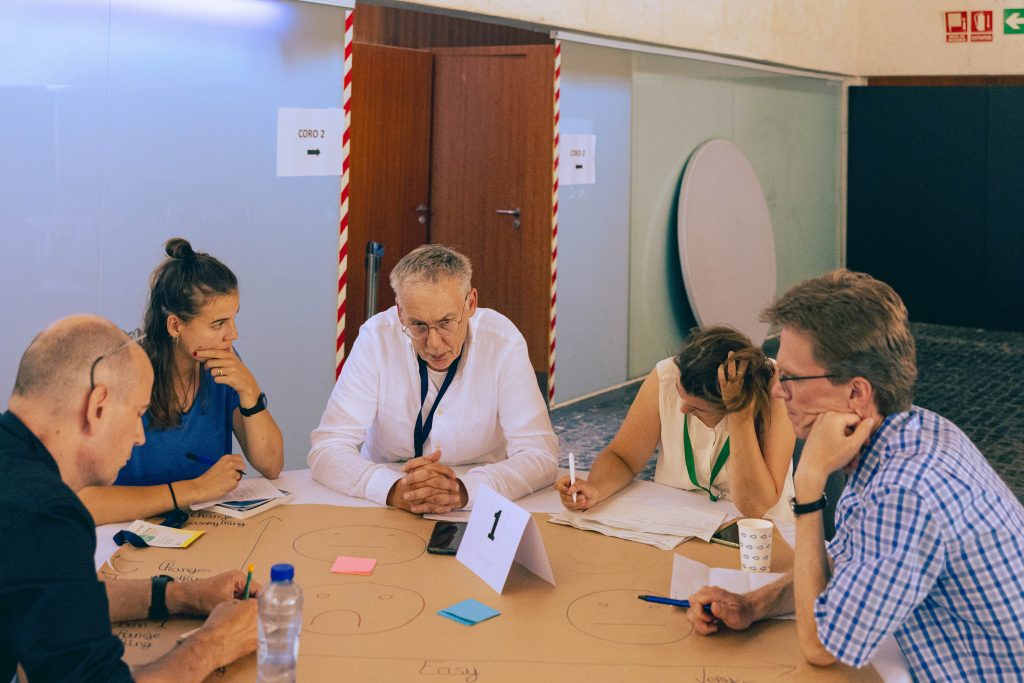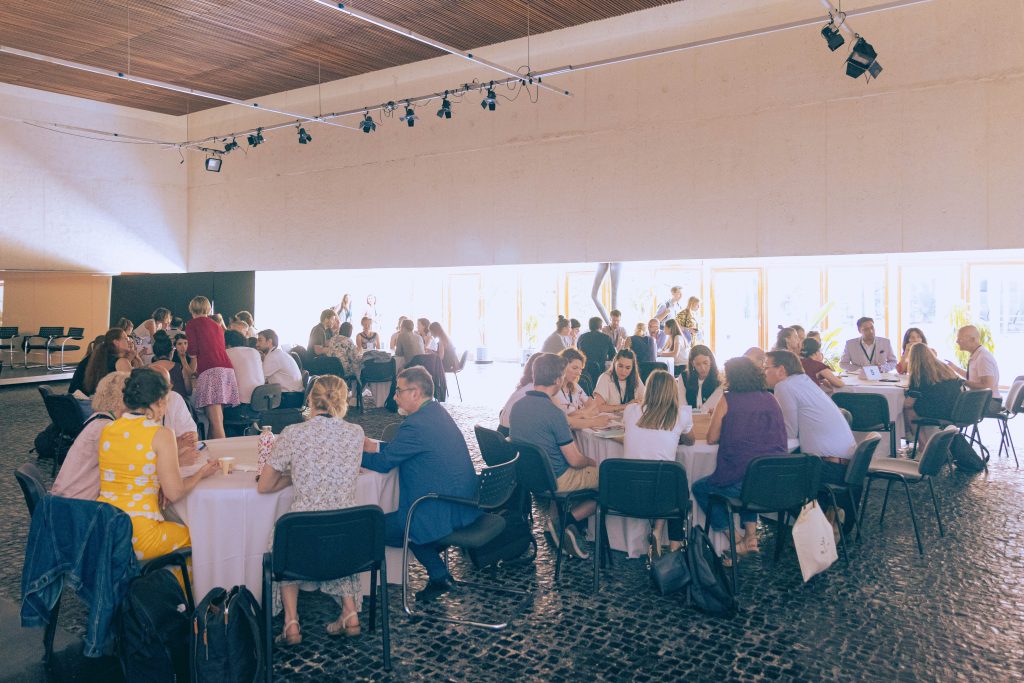Decarbonising cities for a sustainable Europe
Transforming heating and cooling: key strategies and success stories from European cities.
Did you know that heating and cooling account 50% of Europe’s energy demand and 80% of household energy consumption?
Energy Cities’ Annual Forum, held in Valencia at end of June, was a great opportunity to delve into heating and cooling decarbonisation strategies and challenges with partners, members and cities. Here are some stories from the ground about heating and cooling!
Decarbonising the heating and cooling sector is essential
On 26th June, our ‘Heating and Cooling Decarbonisation’ session, co-organised with REDI4HEAT project and the Covenant of Mayors initiative, explored key success factors for cities working on decarbonising their systems. It highlighted the key role that the decarbonisation of heating and cooling plays in reducing the overall carbon footprint of the energy sector in Europe.
Cities pave the way for transforming heating and cooling systems
During our session, we took a closer look at Vienna’s strategies. The city aims to become climate-neutral by 2040, with a key focus on decarbonising its heating systems. Currently, over half of Vienna’s heating relies on district heating, which is not fully green. For this reason, the city plans to incorporate geothermal energy and industrial waste heat to make its systems more sustainable. Stephan Auer-Stüger, Deputy Chairman of the Climate Committee of Vienna outlined the city’s dual strategy which consists of phasing out gas by 2040 and implementing the Vienna Climate Guide, a comprehensive roadmap aimed at achieving climate neutrality. Additionally, the city is working on installing one of Europe’s largest heat pumps, which will use ambient heat from wastewater treatment to serve 112,000 households.
In the Hungarian capital, Budapest’s district heating strategy aims to switch to greener energy sources despite major challenges, such as constantly changing legislation and a climate-unfriendly Hungarian government. The current district heating system still relies on natural gas and is inefficient. To address this, Budapest plans to reintegrate buildings into its district heating system, develop geothermal resources, and use residual waste heat from sewage. By 2035, the city aims to have a third of its district heating from geothermal sources.
In Germany, Munich’s heating plan focuses on transitioning from natural gas to sustainable energy. Currently, one-third of Munich’s heating is covered by district heating, primarily fueled by fossil fuels and waste heat. By 2045, the city aims to prioritise the densification of district heating, the development of geothermal energy and energy refurbishment. Successful projects such as the Sendling geothermal plant, which generates electricity and heat even more efficiently, illustrate the city’s progress in terms of decarbonisation.
Key advice for cities
For cities embarking on the decarbonisation of their heating systems, it is essential to build trust, have detailed knowledge of local heating systems and implement comprehensive renovation strategies. The experiences of Vienna, Budapest and Munich highlight the need for tailored approaches, stakeholder involvement and innovative solutions to achieve decarbonisation objectives.
What about involving citizens in district heating ?
Engaging citizens in district heating projects is crucial for their success. Building trust and demonstrating the benefit of district heating and cooling can actively involve and convince residents. For example, in the Netherlands, where mistrust of government is high, communication at local level focusing on reliability and community well-being can be an effective way of building trust.
During our session on the 27th ‘Let’s make it work’, several strategies for involving citizens were discussed. These included involving them in decision-making at an early stage, offering ownership models such as cooperatives, using neighbourhood ambassadors and focusing on education, particularly in vulnerable communities.


These insights from our annual forum, Grafting Cities, underline the critical need for comprehensive, community-driven efforts to achieve Europe’s decarbonisation goals.
Want to find out more? Don’t forget to subscribe to our Fossil-free districts & buildings’ HUB!

